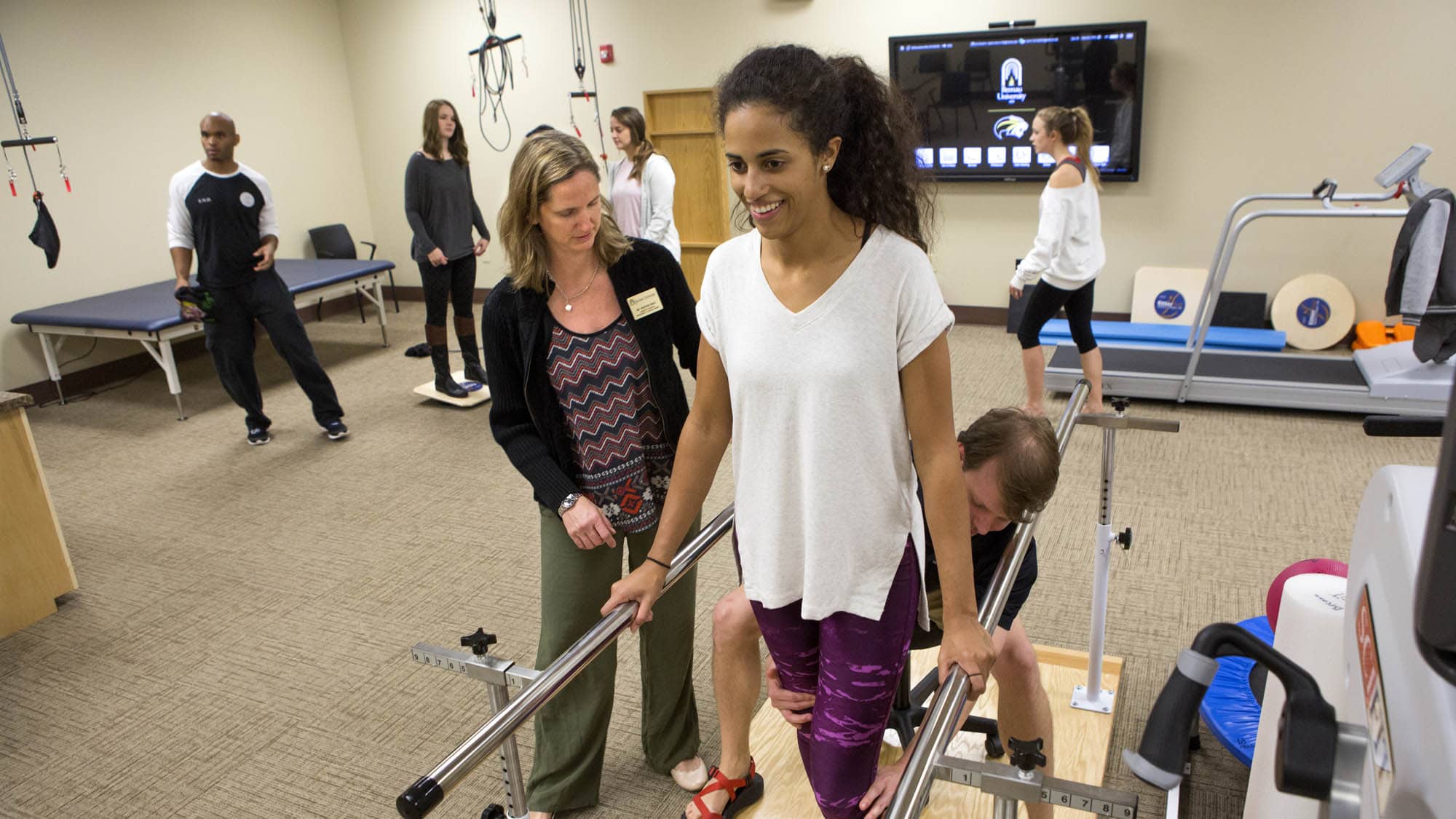Physical therapy after an operation typically starts with an evaluation by a licensed physical therapist. This expert evaluates the patient's condition, including their range of motion, power, and discomfort levels. Based on this assessment, a customized treatment plan is developed. This plan may consist of exercises to enhance flexibility, strength training to restore muscle, and methods to enhance balance and stability. The therapist will lead the patient through these exercises, making sure they are executed safely and effectively. This customized approach helps patients advance at their own pace while addressing their specific requirements.
One of the main benefits of physical therapy is pain management. After the procedure, many patients feel discomfort or pain, which can impede their ability to function and participate in daily tasks. Physical therapists use various methods, such as manual therapy, modalities like heat or ice, and targeted workouts, to help alleviate pain. By managing pain effectively, patients can participate more fully in their recovery exercises, leading to faster recovery. Additionally, understanding how to manage pain can enable patients to take an engaged role in their recovery process.

Another important aspect of rehabilitation is instruction. Patients are taught about their condition, the healing process, and the significance of adhering to their rehabilitation program. This knowledge helps patients understand what to expect during recovery and the role they play in their own healing. Physical therapists also provide advice on how to adjust daily tasks to prevent further injury and encourage healing. This informative component fosters a sense of independence and confidence, allowing patients to feel more in control of their recovery journey.
In conclusion, physical therapy is an essential component of recovery after an operation. It not only assists in physical rehabilitation but also supports emotional and psychological well-being. Through customized treatment plans, pain management methods, and informative support, rehabilitation enables patients to take charge of personal training for postpartum recovery their recovery. By actively participating in their rehabilitation, individuals can regain their strength, enhance their movement, and enhance their overall quality of life. Accepting rehabilitation after an operation can result to a positive and rewarding healing experience.